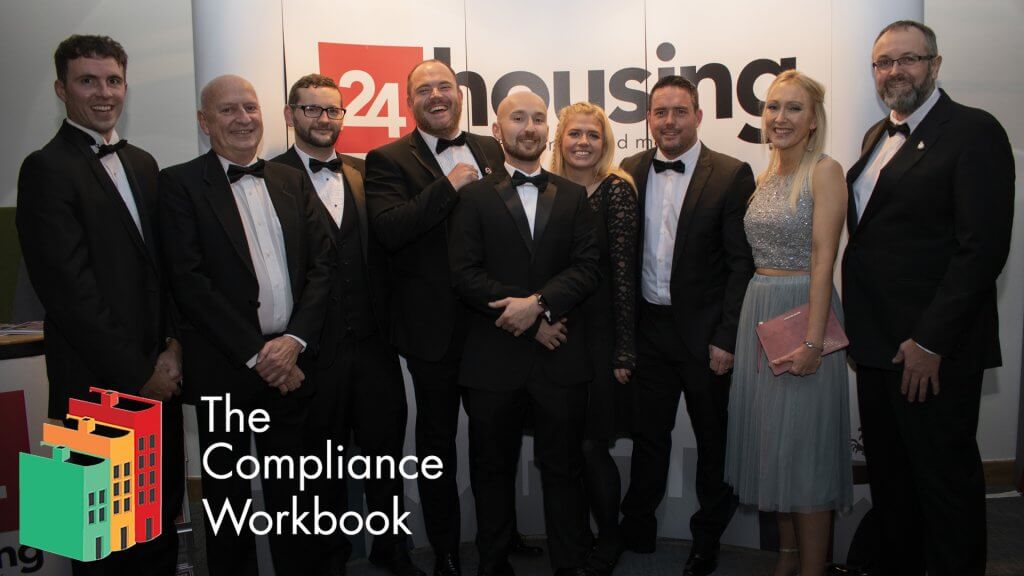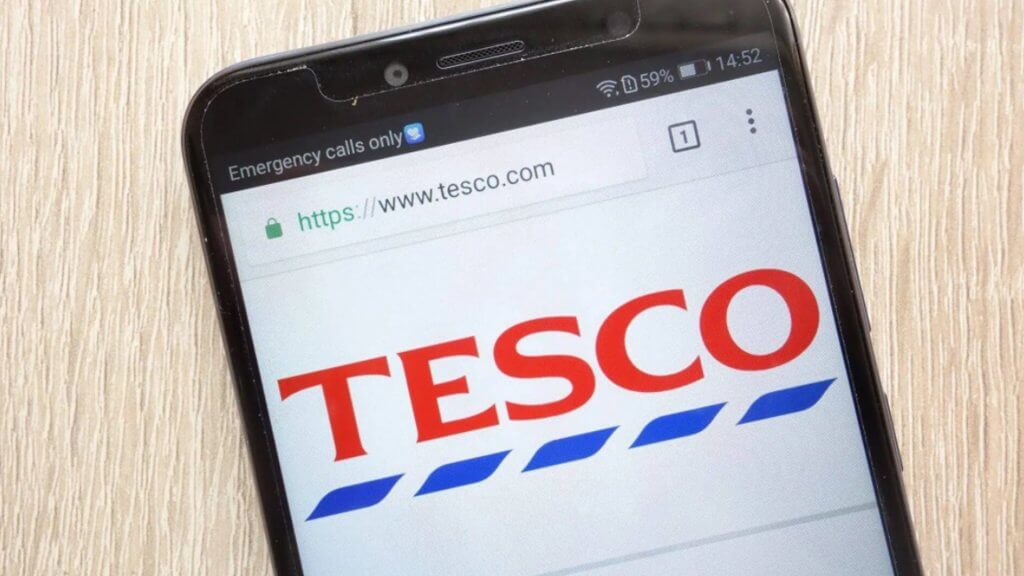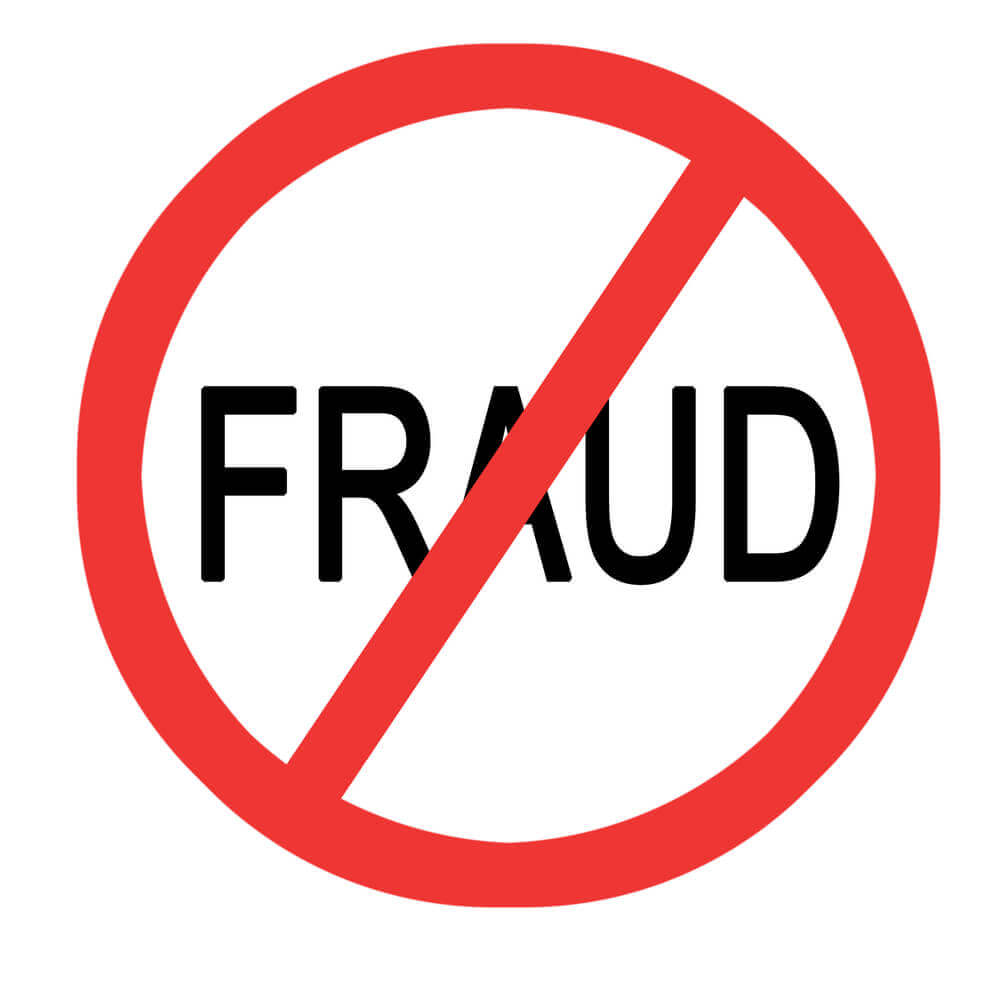
Ashfords is recognised nationally as a leading provider of legal and related professional services. Tom Phipps talks us through trends in the copyright litigation sector.
Of all intellectual property rights, copyright is arguably the most all-pervasive. In the digital age copyright has reasserted that position; web content, software and digital content delivery such as streaming all depend on copyright for licensing and enforcement purposes. However, copyright litigation has always been regarded as high risk; copyright is not a registered right like trade marks or patents and ownership can be notoriously difficult to track and establish (anyone who has ever been involved in trying to identify who owns the rights to seminal rock album covers will testify to this!). In turn, copyright is technical and difficult; try, for example, applying the transitional provisions relating to photographs governing the various changes introduced by the Copyright Designs and Patents Act 1988 (CDPA) to the Copyright Act 1956 regime.
Such is the importance and influence of copyright in a world in which methods of delivering content has exploded in a way few could have imagined even 20 years ago that the need to litigate can be compelling and unavoidable. In the UK, the emergence of the Intellectual Property Enterprise Court (IPEC) has helped to provide a forum for disputes to be dealt with relatively speedily and, at least by comparison with the High Court, cheaply.
IPEC, of course, used to be the Patents County Court (PCC). Established in 1990, the PCC was conceived as a means of providing access to the Courts in cases which otherwise might be priced out. Originally a patent Court, its jurisdiction was extended to the full range of intellectual property rights, and copyright cases can now be heard by a specialist intellectual property Judge sitting in IPEC. Now technically part of the High Court, it has its own procedural and other rules.
What are the key features of copyright litigation in IPEC? Like the County Court, IPEC can allocate cases to a Fast- or Multi-Track. In Fast-Track cases, the maximum damages award is £10000 and legal costs recovery is very limited, but the option is there for the straightforward case with a limited number of issues to determine. The Multi-Track (where the damages/financial remedy limit is £500000) is, for many rights-holders, a means of seeking justice in a tightly-controlled process but which still offers scope for a full trial and more generous legal costs recovery (up to £50000 plus £25000 on an account of profits procedure). Generally, trials should not last more than 2 days.
In terms of remedies, although damages and costs recovery are limited as above, equitable remedies (such as injunctions, including, in Multi-Track cases, interim Search and Freezing Orders) are all available from IPEC.
The recoverable costs limitation does in itself help to impose some discipline on how the proceedings are conducted; in practice minds tend to be focused on the key issues rather than peripheral points.
To give a flavour of the kind of cases IPEC has been hearing recently, the following demonstrate their wide range and reflect the suitability of IPEC for resolving copyright disputes. Absolute Lofts South West London Ltd v Artisan Home Improvements Ltd and Another [2015] was a dispute about copyright in images of loft conversions. Both parties were involved in such conversions, and Artisan had reproduced Absolute’s photographs on its website. Absolute was awarded £300 compensatory damages and a further £6000 under art.13(1) of Directive 2004/48/EC (the Enforcement Directive). In Atelier Eighty Two v Kilnworx Climbing Centre CIC and Others [2015], IPEC reasserted the principle established in Robin Ray v Classic FM plc [1998] that, as Kilnworx had commissioned an agency to design logos for their use, it had an equitable entitlement to them. Minder Music Limited and Another v Sharples [2015] concerned the song Touch Sensitive recorded by The Fall and released in 1999. The Claimants asserted that the copyright in the song was owned by Mark Smith (the lead singer) and Julia Adamson (former band member). Sharples, the producer of the song, claimed that he had also contributed as a writer. On the evidence, the Court found that Sharples had made a significant and original contribution to the music of the song entitling him to a 20% share of the copyright.
Obviously, the High Court remains the forum of choice for the right case. If an issue merits it and budgets allow, there can be no substitute for the unlimited trial time available for a case to be examined forensically by a Chancery Judge. The Judgment of Blackburne J at first instance in the Whiter Shade of Pale case (Fisher v Brooker & Anor [2006]) is instructive; the enthusiasm of the Judge for the subject-matter is evident from his examination and decompilation of the song and identification of the importance of its baroque organ solo in awarding its composer a 40% share of the copyright in the entire work. Such an analysis resulted from a lengthy trial with a substantial number of witnesses and few limits on the evidence and argument offered for judicial scrutiny; that would not have been procedurally achievable in IPEC. More recently, in IT Human Resources Plc v Land [2014] the Defendant, a director of the claimant company, provided software to another company while still with the Claimant. The Claimant sued, claiming copyright infringement and breach of fiduciary duty. The Chancery Division found for the Claimant and ordered an inquiry or account of profits.
Copyright litigation is alive and well in the UK. The availability of a choice of forum depending on the complexity and breadth of the issues makes civil justice more accessible and the enforcement of rights arguably more available for the less well-resourced rights-holder than otherwise might be the case.






















